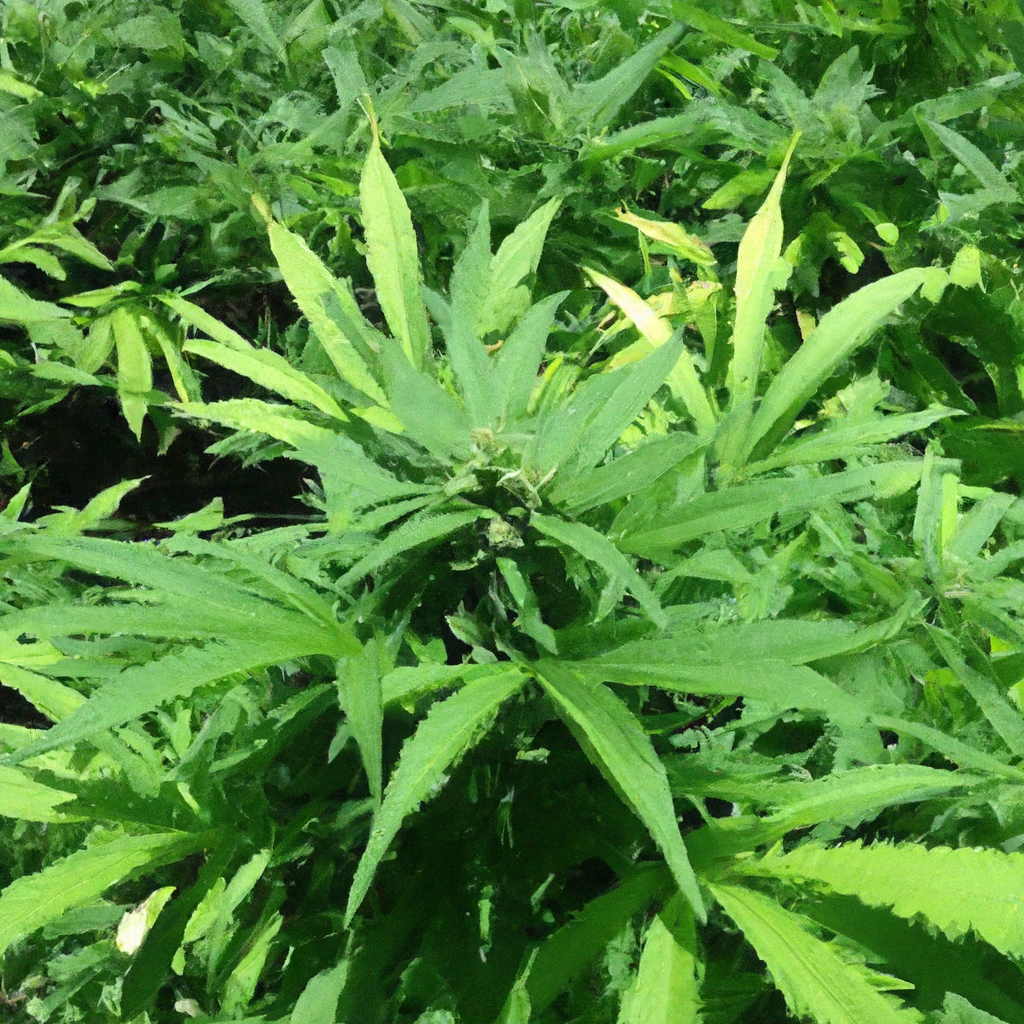Your cart is currently empty!
In the quest to cultivate cannabis organically, many growers are exploring sustainable practices that not only benefit the environment but also produce a higher quality and safer product for consumers. This guide delves into essential tips for organic cannabis cultivation, focusing on natural fertilizers, compost use, and eco-friendly pest control methods for a flourishing garden.
Building Healthy Soil Ecosystems
One of the first steps in organic cannabis cultivation is creating a thriving soil ecosystem. Healthy soil is teeming with beneficial microbes, fungi, and organic matter, all of which contribute to robust plant growth and resilience against diseases.
- Compost: Incorporating homemade compost into your soil mix adds vital nutrients and organic matter that foster microbial life. Aim to compost kitchen scraps, garden waste, and other organic materials.
- Cover Crops: Planting cover crops like clover or peas enhances nitrogen levels in the soil while preventing erosion.
- Mulching: Apply a layer of mulch to conserve moisture, regulate soil temperature, and suppress weeds. Natural options include straw, wood chips, or even leaves.
Avoiding Synthetic Chemicals
Organic cultivation prohibits the use of synthetic fertilizers and pesticides, opting instead for natural alternatives that support plant health without harming the environment. Here’s how to achieve this:
- Natural Fertilizers: Use options like worm castings, fish emulsion, and bone meal to provide essential nutrients.
- Homemade Pest Solutions: Create insecticidal soaps or neem oil sprays to ward off pests naturally.
- Beneficial Insects: Introduce ladybugs, lacewings, or predatory mites to the garden to control harmful insect populations.
Promoting Sustainability in Growing Operations
Sustainable practices are central to organic cannabis cultivation. These practices aim to reduce environmental impact while improving efficiency:
- Water Conservation: Implement drip irrigation systems to reduce water usage and ensure your plants receive moisture directly at their roots.
- Renewable Energy: Consider solar panels to power greenhouse operations or energy-efficient LED lighting for indoor grows.
- Eco-Friendly Packaging: When sharing or selling your cannabis, opt for biodegradable or recyclable packaging to minimize waste.
Benefits of Organic Cannabis for the Environment and Consumers
Choosing organic growing methods not only benefits the environment by reducing pollution and conserving natural resources but also results in a superior product:
- Healthier Plants: Organically grown cannabis tends to have higher concentrations of cannabinoids and terpenes, enhancing its therapeutic effects.
- consumer Safety: Free of chemical residues, organic cannabis offers peace of mind to consumers regarding product safety.
- Flavor and Aroma: The natural cultivation process often results in richer, more nuanced flavor and aroma profiles that connoisseurs appreciate.
Conclusion
Incorporating organic practices into your cannabis cultivation not only supports sustainable agriculture but also leads to healthier plants and a safer product for consumers. By focusing on soil health, avoiding synthetic chemicals, and prioritizing sustainability, growers can contribute to a more eco-conscious cannabis industry. Embrace these organic methods to cultivate a vibrant, sustainable cannabis garden that benefits both the earth and your harvest.
Discover more from Magic Clones
Subscribe to get the latest posts sent to your email.


Leave a Reply